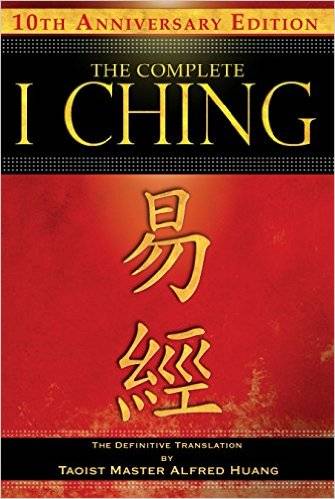

The Japanese and the Germans halt their campaigns hundreds of miles apart, leaving a swath through the midwestern United States free of either’s direct control. The two fascist empires spread from the opposite coasts of North America inland, and there the dust of WWII settles. It’s a big-premise book, to be sure, but rather than a book of “ideas” PKD offers an alternate history where the Nazis and the Japanese have won World War II, smashed down Europe and Asia, and decimated Africa. Dick novel that finally convinces me of his preeminence. Like that ever-optimistic miner in search of another vein of gold, late last year I picked up The Man in the High Castle thinking that this might be the Philip K. Do not read science fiction for its predictive powers you will be burned every time. Very few predicted the scope, magnitude, and intrusiveness of the information technology revolution we are currently enjoying.

PKD follows through to their grim consequences without blinking, flinching, or apologizing.įor all the emphasis science fiction puts on its authors’ treasured abilities to foresee our future, a survey of pre-1980s science fiction will reveal that those predictions almost entirely involve robotics, automation, and space travel. (Charles Freck’s pathetic botched suicide may be the best three pages PKD ever wrote, and is portrayed almost word-for-word in the movie.) Unlike the Bay Area’s 1960s and 1970s drug novels that preceded Darkly, PKD’s wild-and-wooly scenes of narcotics-fueled escapades are not left to stand on their own, defiant and proud of their craziness. It’s human and humorous and touching and sorrowful. The decision shows, as the advanced technology (“scramble suits” that hide the identity of the main character) comes across more like a metaphor of addiction, paranoia, and altered states than the speculative scrying of a future that never arrived.Ī Scanner Darkly remains my favorite PKD novel. But is it science fiction? PKD’s semi-autobiographical take on hard drugs, drug abuse, and the surveillance state was intended to be set in then-contemporary Anaheim (circa 1971) until he was persuaded by his publisher to introduce light science-fiction touches to satisfy his readership. Richard Linklater’s rotoscoped gem holds up thanks to a cast who takes the material seriously but not reverently, as well as Linklater’s own confidence in the script. Unlike Blade Runner (and every other adaptation of PKD’s work), A Scanner Darkly is striking in its fidelity to the original material.

It’s not a horrible book, just preoccupied with other matters. Question answered, conundrum resolved, tension dissolved. The film’s central profundity (could Deckard be a Replicant?) is crumpled-up and tossed aside by the master: in the novel, Deckard administers the Voight-Kampff test on himself and obtains a negative result. Like so many adaptations of PKD’s work, Blade Runner is best described as based on the book’s premise. Do Androids Dream of Electric Sheep? is neither future noir nor an edgy humanistic soul-searcher. As a great fan of the movie, I eagerly picked up the source material expecting something even deeper, more atmospheric, and more profound than the film-and was puzzlingly disappointed. The hot mess that is Paycheck may be John Woo’s worst film ever.īlade Runner is obviously a Hollywood classic, but to polish PKD’s legacy on the lapels of Ridley Scott’s masterpiece gets it backwards. Minority Report is a toothless speculation on the future of civil rights. Total Recall is fun hyper-violent nonsense. But walk that list again and you’ll discover a real mixed bag of film-making. One chestnut you’ll often hear regarding PKD is that some of the highest regarded science-fiction movies of all time are based on his work: Blade Runner, Total Recall, A Scanner Darkly, Minority Report, Paycheck. Yet I return to PKD’s books once every couple of years like a miner hiking up a mountain once again, optimistic his next claim will hit the mother lode…only to so-often return home with mere nuggets or flakes for the effort. Their reliance on that timeworn science fiction apologia-PKD was a man of “ideas”-is proof to me that his legacy is not as secure as the other sci-fi greats. It’s evident to me that the quality of his output is more varied than his admirers are willing to admit. I am not a “dickhead”, in the parlance of his devotees. Let me preface this with an admission: I am not a diehard fan of Philip K.


 0 kommentar(er)
0 kommentar(er)
